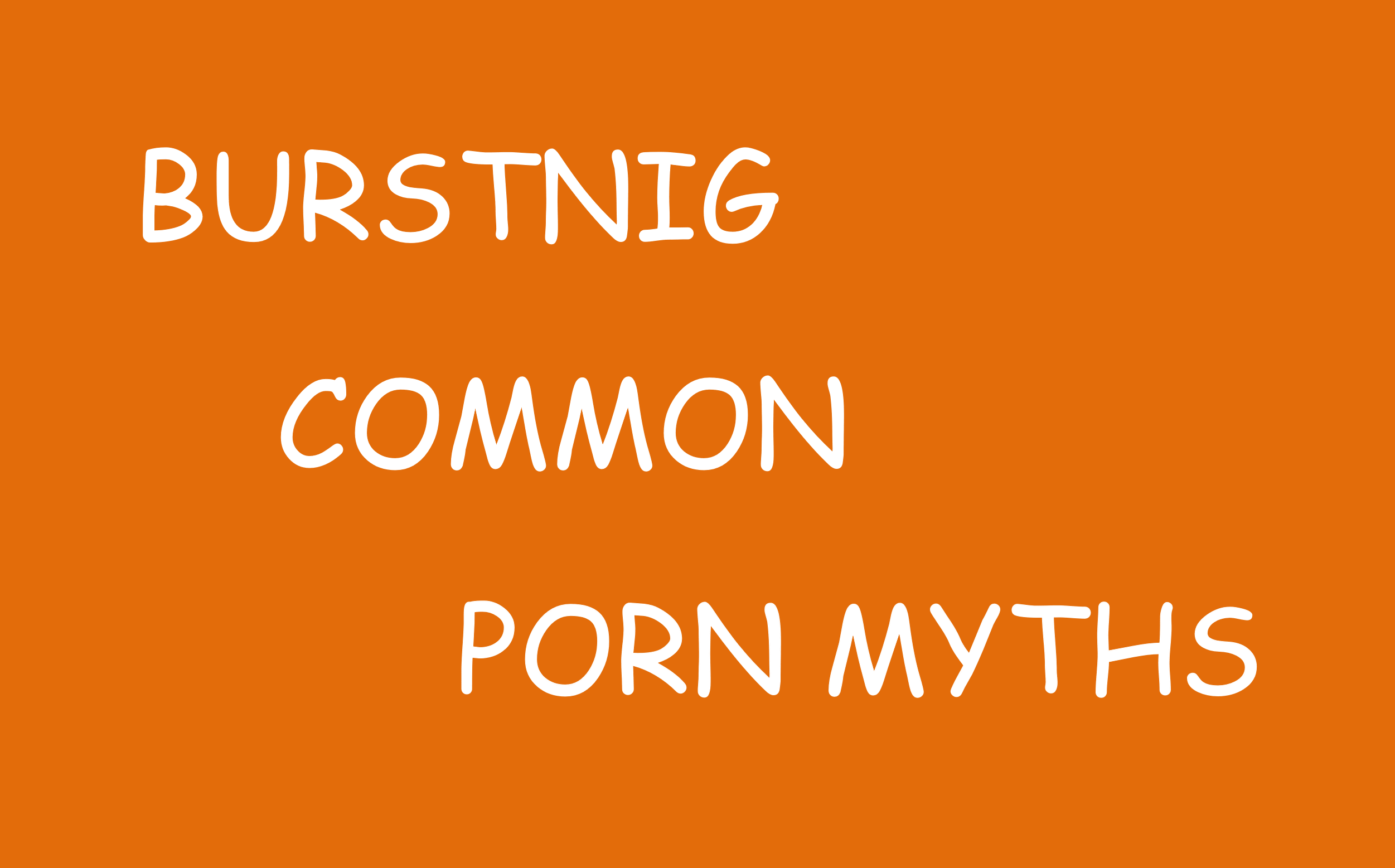
Recently, I have noticed a significant up-tick in the numbers of clients contacting me who erroneously feared that they had a pornography addiction. After a careful examination, it was clear that, while they had been suffering from misinformation, they did not have an addiction.
It needs to be understood from the outset that even though “pornography addiction” is a popularly used term, I do not find it a help way to conceptualize the problem nor is it listed in the DSM5 as a disorder.
Religious or moralistic discussions often denounce problematic masturbation and porn viewing them as immoral activities or persons who lack self-control. Focusing only on eliminating the objectional behavior this approach ignores its psychological origins and usually fails.
Although pornography is part of the problem with which these men struggle , it was not the root. Prior childhood trama, religiously induced guilt and shame about sex and marital dischord are the mostt common underlying culprits.
The last time I wrote on this subject was four years agao. A Reasonable Approach for Discussing Masturbation and Pornography: Part 1 | Pastoral Counseling Syracuse NY (revmichaelheath.com) . Given that misunderstanding has not declinced, I wish to debunk some of the most common myths about pornography.
A recent article in Slate on-line provides an excellent segue for this discussion. What NoFap does to your brain: Why so many people who abstain from masturbation end up suicidal. (slate.com) Although it’s focus is on a particular anti-masturbation effort, NoFap, it provides a goosd summary of the major false notions about pornography.
COMMON MYTHS ABOUT PORNOGRAPHY
1. Masturbating/Watching Porn is Addictive
2. Looking at Porn Causes Depression
3. Watching Porn is a Slippery Slope
4. Pornography Causes Sexual Dysfunction
5. Masturbation is Harmful to your Health
THE FACTS ABOUT MASTURBATING AND PORNOGRAPHY
1. Watching porn does not meet the medical criterion of an addiction.
Most people who struggle with pornography have an obsessive/compulsive behavior.
A true addiction, like with alcohol or heroin, involves a cellular acclimatization of the substance. Addiciton often involves underlying emotional conflicts for which the substance provides termporary relief.
Howewever, when the substance is not available, the person experiences painful, even life-threatening, withdrawal symptoms. People who are addicted seek the substance to feel normal, not for thrills. Recovery involves a process of weaning the person off the medical dependency on the substance.
By contrast, an obsessive/compulsive pattern is a repetitive activity which is employed to numb, to soothe or distract the person from an underlying problem about which a person is either unaware or can not address directly. Unlike an addiction, physiological withdrawal symptoms do not occur when persons stops masturbating or stops watching porn.
Healing from an obsessive/compuslive behavior involves identifying and directly resolving the underlying emotional conflict. For example, someone who uses porn may need to deal with problems in his marriage.
2. Neither looking at porn or masturbating to it casuses depression.
Just like the religious groups who falsely claimed that having an abortion caused breast cancer this claim is also bogus. These false claims express a logical fallacy. (All cows have four legs but having four legs does not make a cow.)
Yes, people who watch porn and masturbate are often depressed. But watching porn does not “rewire” your brain or create an affect disorder. There is no scientic research which establishes a causal connection .
3. Watching pornography is not a slippery slope which leads to violence or sexual perversion.
Dangerous sex criminals may seek out illegal sex videos but the videos do not cause the perverse behavior or interest. The perverse condition pre-existed the pron use. Again, just like those who erroneously claimed that smoking cannabis leads to “hard”drug use, there is no research to supports the claim that watching porn leads to perverse behavior.
4. Watching porn does not cause sexual dysfunction.
The research is clear. Sexual trauma may result in intimacy problems or sexual/erectile dysfunction but pornography does not cause them, period.
5. Masturbating does not cause blindness or mental illness.
Okay, you already know this. But these old wives-tales have caused so much emotional grief for men over the years, that it is important to remember how extreme and absurd some claims to suprress it have become over the years.
_______________________________________________________________________________
One other thing, humans are genetically programed to be aroused by nudity and images of sexual activity. Likewise, evidence of masturbating and pornography has been found in some of the earliest of human artifacts.
While western relilgion has tried to supress it, modern psychology understands masturbation to be problematic and in need of professional help only when it interferes with a person’s emotional, realtional or work life.
It is important to realize that no matter how many myths we expose or false ideas that we correct, we can never completelty demystify the enigma of human sexuality. Perhaps because sex remains ultimately mysterious, its mystery is why so many fear it or see it as something to be kept in the dark and not spoken about.
It is discouraging that, in this scientific age, so many continue to be influenced by narrow and negative views concerning sexual pleasure. Too many folks have trouble accepting the medical fact that masturbating is not only normal but is also a healthy way to relieve stress.
That said, despite the high level of ignorance and prejudice, we must not give up or our efforts to educate and and to eliminate needless guilt and shame over such a fundamental aspect of life.
Rev. Michael Heath, LMHC, Fellow AAPC. July 15, 2023


